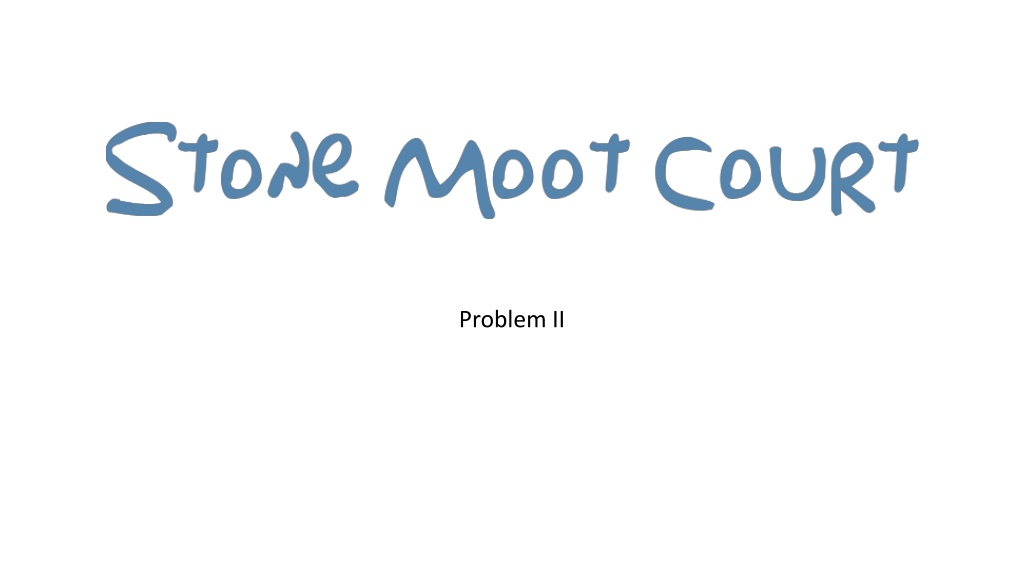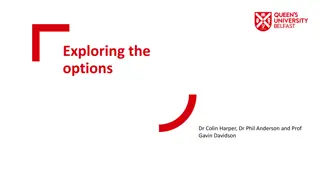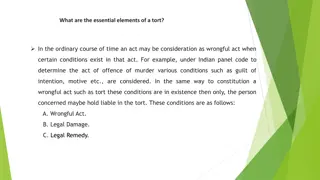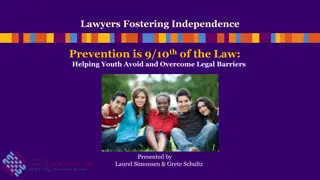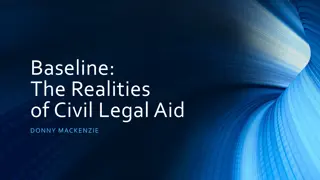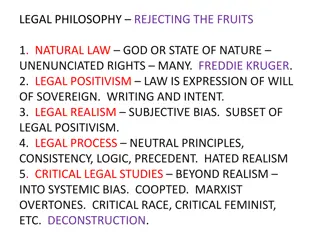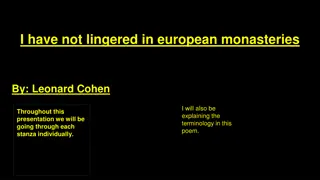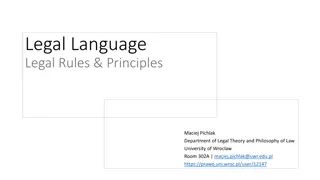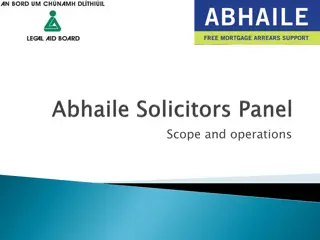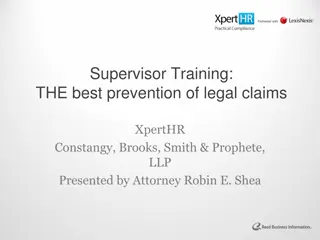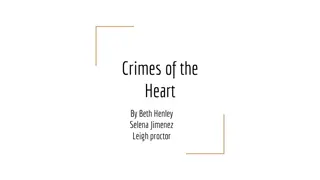Legal Issues and Implications in the Lenny Leonard v. Wiggum Case
The case of Lenny Leonard v. Wiggum involves complex legal issues such as Brady violations, constitutional rights, plea bargaining, municipal liability, and more. The central debates include the disclosure of evidence, municipal responsibility, and the impact on individual rights. The case raises questions about the application of laws and legal standards in a challenging legal context.
Download Presentation

Please find below an Image/Link to download the presentation.
The content on the website is provided AS IS for your information and personal use only. It may not be sold, licensed, or shared on other websites without obtaining consent from the author. Download presentation by click this link. If you encounter any issues during the download, it is possible that the publisher has removed the file from their server.
E N D
Presentation Transcript
Lenny Leonard v. Wiggum et. all Petitioner/Appellant Respondent/Appellees
Issues To Not Discuss Issue 1 Whether this was a Brady Violation The Springfield PD coerced a witness and did not disclose the video of the interrogation. The Prosecutor Carl Carlson s role Issue 2 Whether or not this was a violation of Leonard s constitutional rights. Whether or not the failure to disclose was moving force behind violation. Whether or not Chief Wiggum is a policy maker.
Issue 1- Brady Disclosure at Plea Bargaining United States v. Ruiz Is there a distinction between impeachment and exculpatory evidence? Is Brady exclusively a trial right? What is the purpose of Brady protections? The District Court used the Sixth Amendment Right to Effective Assistance of Counsel as an analogous argument Policy Implications The Purpose of Plea Bargaining The Trial Penalty Judicial Economy
Issue 2: Municipal Liability Standard of Review for Summary Judgement Respondent Superior and vicariously liability Deliberate Indifference on the part of the Municipality? Did the Springfield PD have constructive knowledge of problem? Was there an unofficial custom of non-disclosure? Was there a failure to train/discipline/supervise? The scope and purpose of 1983
